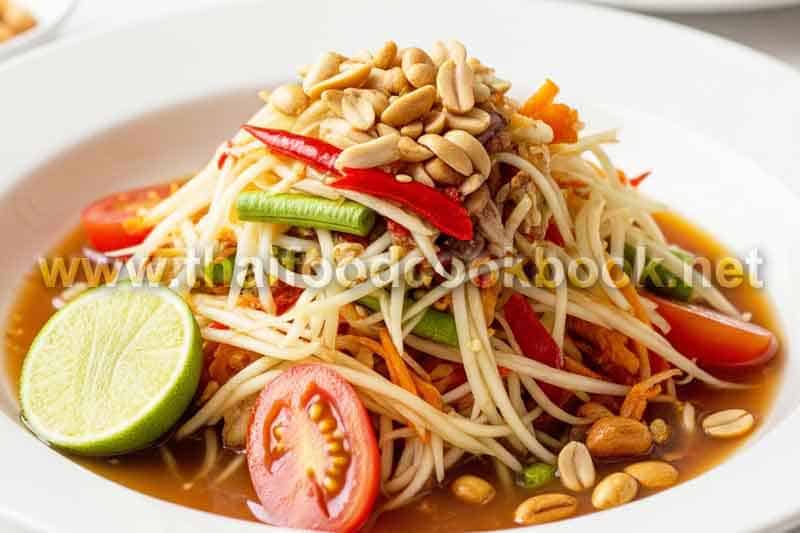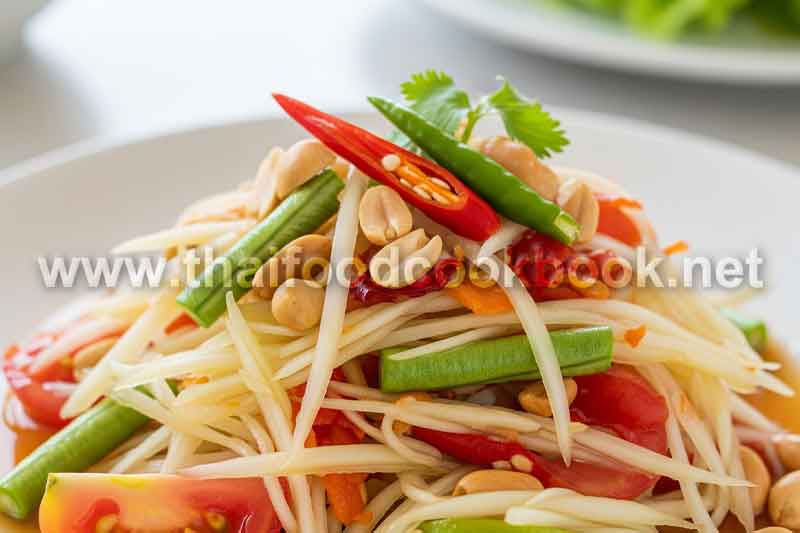Why Restaurant Thai Curry Smells Stronger Than Home Cooking
Many home cooks follow the same ingredients as restaurants but still wonder why their curry doesn’t smell as vivid or fragrant. The difference is not the recipe — it is technique, timing, and how heat is used to unlock herbs. If you understand why restaurant Thai curry smells stronger than home cooking, you can recreate the rich perfume and “lifted” aroma that makes Thai curry feel luxurious and complete before the first bite.
1. Restaurants Bloom Paste Longer and Hotter (But Before Liquid)
The strongest aroma begins before the broth or coconut milk is even added. Professional Thai chefs always bloom curry paste in coconut cream or oil until the paste releases its natural aromatic oils. This deepens fragrance and stabilizes it through the full cook — something home cooks often skip by diluting the paste too early.
- Paste must bloom before dilution
- Oil carries herb aroma, not water
- More bloom = stronger fragrance foundation
When the paste is only heated lightly, the curry never reaches its full aromatic potential.
2. Restaurants Finish with Fresh Herbs at the Correct Moment
Most home cooks add basil or kaffir lime leaf whenever convenient, but restaurants guard this step. Basil and finishing herbs are never boiled — they are added after the flame is lowered, allowing essential oils to rise upward instead of evaporating.
- Add herbs after final seasoning
- Lower heat before adding them
- Stir gently to release perfume
- Serve immediately after aroma peak
This last-minute handling creates the “perfume burst” diners smell before tasting.
3. Restaurants Control Aroma Through Fat, Not Seasoning
A strong curry aroma is not about more ingredients — it is about fat carrying the herbs. Coconut cream captures and lifts essential oils upward in steam. If coconut milk is too thin or cooked incorrectly, the perfume collapses. Restaurants use cream-heavy coconut milk because it stabilizes aroma during the finish.
- Thicker coconut milk = stronger aroma
- Steam height signals aroma strength
- Oil layer on top = activated fragrance
This is why restaurant curry smells powerful even before tasting.
4. Final Summary: Technique Creates Aroma, Not Seasoning
Restaurant curry smells stronger because chefs build and protect aroma instead of letting it escape. They bloom paste properly, finish with herbs at low heat, and use coconut cream to anchor fragrance. Once you treat aroma like an ingredient instead of a side effect, your curry becomes deeper, fuller, and more elegant at the moment of serving. For more insight into how fat stabilizes aroma in cooking, see aroma retention techniques to understand how restaurants create long-lasting curry fragrance.
Summary
Restaurant Thai curry smells stronger because chefs bloom paste fully, add herbs only at the finish, and use coconut cream to lift and preserve aroma until serving.

